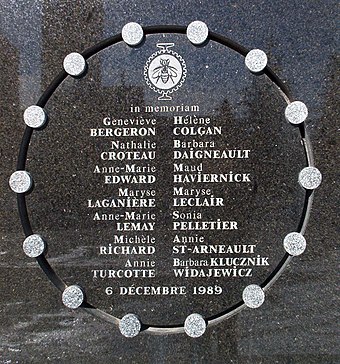Please…hotel and catering companies of the world, please stop serving melon slices when what you are trying to serve is “fruit plates.”
I spend huge amounts of my life eating catered food. Most of the food that is served at meetings, while it may be prepared with varying degrees of care (and let’s be honest, most of that is minimal) it is certainly grown on an industrial scale.
In the last ten years there has been a trend away from serving pastries for breakfast and more towards serving a selection of fruit. While this seems like a good idea, the fruit that is served is usually underripe, bland and probably not even good for you. Almost always what we get served is a selection of green and orange melon, watermelon, pineapple and strawberries. Doesn’t matter what time of year it is, these five make up the standard breakfast fruit tray. Almost certainly, the only thing that gets eaten is the pineapple. Sometimes the strawberries go as well. But what is left is the melon. Huge amounts of barely picked over, hard as a board melon slices.
This is a travesty for while green, pink and orange melons aesthtically work on a plte with yellow pineapple and red (actually usually pale pink underripe) strawberries, there is nothing else about them that works. In order for melons to be available in December, they need to be shipped huge amounts of distances, and the only way to do that with a soft fruit is to pick them when they have reached the right size but before they have ripened. People will tell you that they ripen on the journey, or they ripen with the help of various chemical agents, but what is really happening is that the fruit is decomposing, desperately trying to complete its work of producing and nurturing seeds with a fixed amount of energy and resources. No longer growing on it’s vine, the lowly melon fruit tries its best to fulfill its reproductive instinct.
What we get, as eaters, is a hard fruit that has been out of the ground for probably days, trucked halfway or more across a continent and probably dyed for colour as well. And after all that, it sits on a plate, offsetting the pineapple and strawberries and then THROWN OUT.
Melons take huge amounts of water to grow, and they grow in dry places like the southwest United States where water is a premium. Most of a melon’s weight is water, and it is that precious water that ends up in the garbage cans and landfill sites of North America as ton after ton of melons goes to its demise every day.
So here is my appeal to you, catering managers of the world. I know you’re pretty much bound to serve whatever comes off the Sysco truck, but trust me, people don’t eat the melons. By serving them you are not serving fruit, you are serving colour, and no one is gaining much nutrition from eating them. They may be cheap and they may work well on the outrageous profit margin that your hotel skims from a “fruit plate” but is is just short of unethical that these things are served as food.
So, please stop. Even a bowl of frozen blueberries and some local apples pulled out of storage would work better than melons. Please stop serving melons.
Share:
It is snowing heavily here in the Lower Mainland of British Columbia and most people are doing what people here do when it snows like this – staring at it, making comments to each other and abandoning their plans for getting home on time. Heavy snow here can bring out irritation and anger, but today I have been struck by how beautiful people look. There is a lot of smiling and laughing and radiance today. Dunno why it seems that way, but I like it. I’m falling deeply in like with everyone I meet this afternoon!
Ever had a day like that?
Share:
A dear friend of mine, Chris Coon, has just released an album of music inspired by the Odyssey. Called “License to Depart” it’s a very cool album featuring a bunch of well known Bowen Island musicians and Chris’s distinctive guitar, drums and David Sylvian inspired vocals. I contributed some flute fills to the track Odysseus Gates, which you can hear at his MySpace page. Its a mix of prog rock, ambient wash and whimsey. You can hear more tracks and find out more at his website.
Share:
Fruits of the feed:
- BY-YOUR-⌘ posts a Moon-set on flickr
- Jack Ricchiuto on four important conversations
- Rob Paterson’s remarkable harvest from the 2008 Boyd Conference
- Dirk Buchholz and his blog MediaBuzzard. A new one to me covering progressive Canadian politics.
- Susan Szpakowski on doing more with less in process and organizational design
Share:

My 14 colleagues, fellow students, peers, all women, all full of promise. I never knew any of them but their deaths touched me deeply.
I’ll never forget December 6, 1989.

